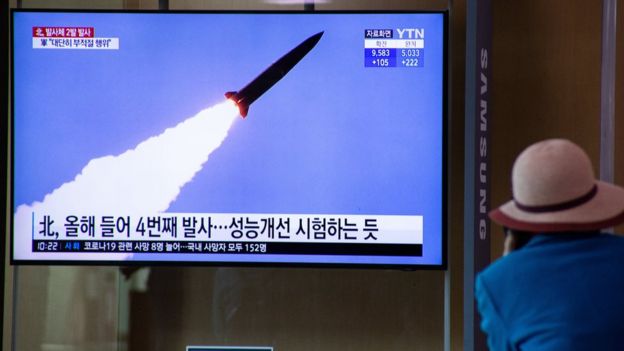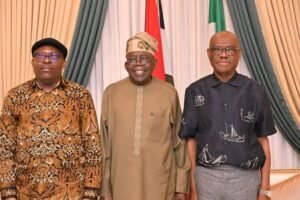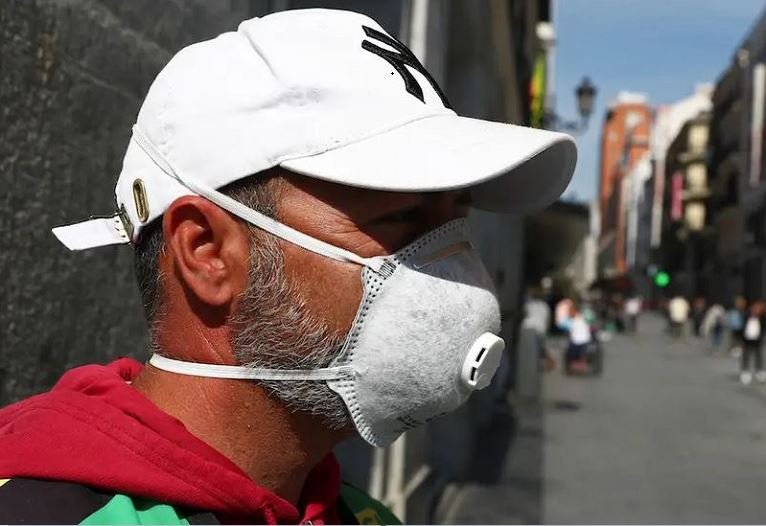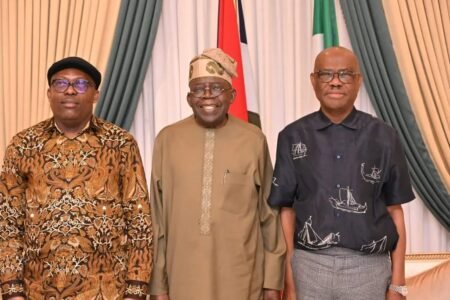On 12 January – less than three months ago – the coronavirus was confined to China. Not a single case had been found outside the country where it emerged.
And then, on 13 January, the virus became a global problem. A case was recorded in Thailand before Japan, South Korea and the United States soon followed.
Across the world, a trickle of cases became a flood.
There have now been more than a million Covid-19 cases worldwide, in countries from Nepal to Nicaragua. But as the death tolls rise, and the hospitals overflow, is anywhere still coronavirus-free?
The answer, perhaps surprisingly, is yes.

There are 193 countries which are members of the United Nations.
As of 2 April, 18 countries had not reported a Covid-19 case, according to a BBC tally using data from Johns Hopkins University.
Some, experts agree, are likely to have unreported cases. North Korea, for example, is officially on zero, as is war-torn Yemen.
But there are countries where the virus has not landed. Most are small islands with few visitors – in fact, seven of the world’s 10 least-visited places, as per UN data, are free of Covid-19.
That remoteness means one thing: in this age of social-distancing rules, island nations are the original self-isolators.
But the president of one such place is not complacent. In fact, he tells the BBC, Covid-19 is already a national emergency.
Nauru, in the Pacific Ocean, is almost 200 miles (320km) from anywhere – Banaba Island, part of Kiribati, is the nearest land. The nearest “major” city with direct flights is Brisbane, 2,500 miles south-west.
It is the second-smallest UN state in terms of land (after Monaco) and, with just over 10,000 people, the second-smallest in terms of population (after Tuvalu).
It is also one of the least-visited places on Earth. Although it does not appear in the most recent UN data, one tour operator says the country has just 160 tourists a year.
You may think such a distant place would not need to distance itself further. But a country with one hospital, no ventilators, and a shortage of nurses, cannot take any chances.
- On 2 March, travellers were banned from China, South Korea, and Italy. Five days later, Iran was added to the list
- In mid-March, Nauru Airlines suspended flights to Fiji, Kiribati, and the Marshall Islands, and its only other route – Brisbane – was reduced from three times a week to once a fortnight
- After that, all those arriving from Australia (mainly returning residents) were ordered into a 14-day quarantine in local hotels
- And, although there have been none recently, any asylum seekers – Australia has a migrant processing centre on the island – will also be quarantined for at least two weeks.
The policy, says President Lionel Aingimea, is called “capture and containment”.
“We’re keeping things at the border,” he says. “We’re using our airport as the border and our transit facilities as part of our border.”
Those in quarantine are checked for symptoms every day. When some developed fever, they were isolated further and tested for Covid-19. The kits were sent to Australia, but all came back negative.
Despite living through a crisis, ordinary Nauruans are “calm and collected”, says the president. As for himself, he is grateful to other countries for their help – particularly Australia and Taiwan, which Nauru has full relations with – and to his religion.
“When we started doing this capture and containment policy, I went to God in prayer, and he gave me a scripture which I’ve kept to heart, which is Psalms 147, verses 13 and 14. That has kept me in good stead as we walk through – as the Bible says – this valley of death.”
And, while he tries to keep Nauru’s Covid-19 tally on zero, he knows the rest of the world is not as fortunate.
“Every time we look at the [Covid-19] map it looks like the world has got a measles outbreak – there’s red dots all over the place,” he says.
“So we’re making sure as a nation…we believe that our prayers will be helping all the other nations going through these tough times.”
The 18 countries without Covid-19
Comoros; Kiribati; Lesotho; Marshall Islands; Micronesia; Nauru; North Korea; Palau; Samoa; Sao Tome and Principe; Solomon Islands; South Sudan; Tajikistan; Tonga; Turkmenistan; Tuvalu; Vanuatu, Yemen.










